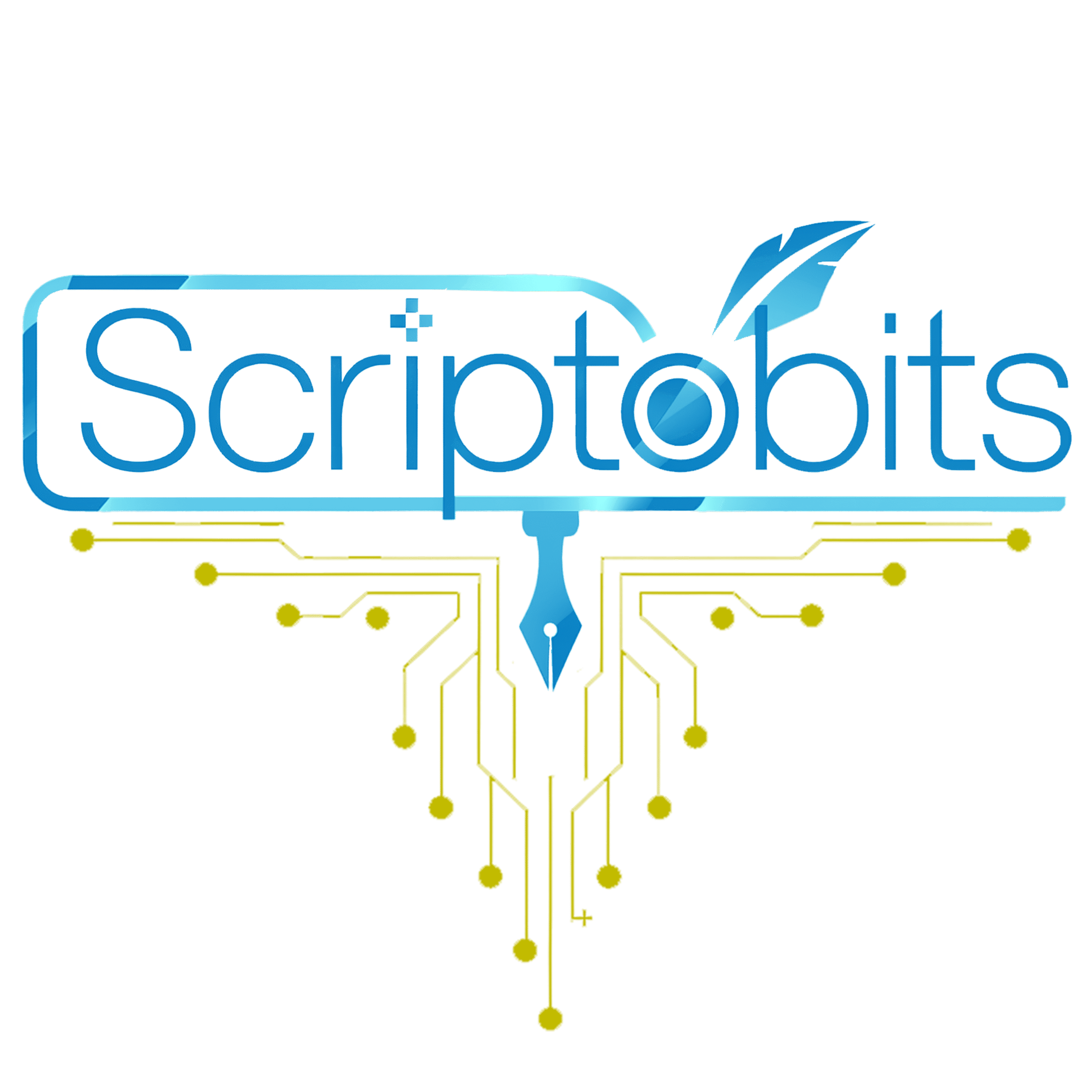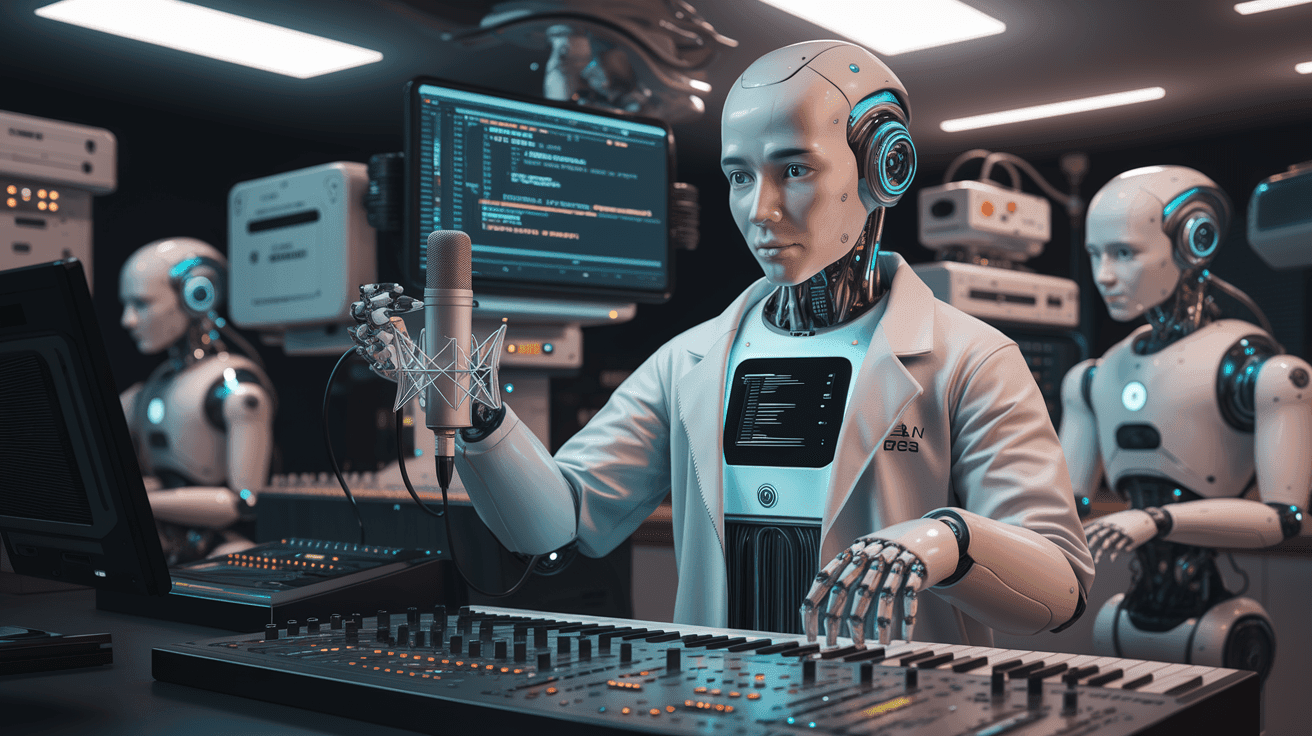AI in Entertainment: How Artificial Intelligence is Changing Content Creation
Artificial intelligence (AI) is reshaping industries around the world, and the entertainment sector is no exception. From generating scripts to enhancing visual effects and even creating personalized viewing experiences, AI is proving to be an indispensable tool for content creators. What was once the domain of directors, writers, and artists is now being augmented by machine learning algorithms, allowing for faster, more efficient, and more creative production processes. In this article, we will explore how AI is revolutionizing content creation in entertainment, from filmmaking and gaming to music and art, and the profound implications it holds for the future of the industry.
The Role of AI in Filmmaking
One of the most notable applications of AI in entertainment is its growing role in filmmaking. AI is being used at various stages of film production, from scriptwriting to editing and visual effects.
1. AI Scriptwriting and Storytelling
AI’s ability to generate written content has seen significant advancements, particularly with natural language processing (NLP) technologies like OpenAI’s GPT series. These AI tools can analyze scripts, predict box office success, and even write new scripts. For example, companies like *Sunspring* created a short film entirely based on an AI-generated script. While the result was quirky and sometimes nonsensical, it showcased AI’s potential to contribute to creative writing.
AI tools are also helping studios analyze script elements, such as character arcs and plot progression, to predict audience reception and commercial success. Machine learning models can study thousands of previous scripts, identify patterns that have succeeded in the past, and suggest modifications or improvements to enhance a script’s potential. This helps reduce the risk involved in green-lighting new projects and gives filmmakers more confidence in the stories they choose to tell.
2. Post-Production and Special Effects
In post-production, AI is revolutionizing visual effects (VFX) and editing processes. Tasks that once took VFX artists days or weeks can now be completed in a fraction of the time. AI tools can create realistic de-aging effects, replace green screens, or digitally generate entire environments, significantly reducing production costs and timelines.
AI-assisted editing software is also becoming more sophisticated. For example, Adobe’s Sensei AI can automate repetitive editing tasks, allowing editors to focus on the more creative aspects of their work. These tools can sort through hours of footage, identify key moments, and even suggest cuts based on tone, pace, and narrative structure.
Moreover, AI is improving the accuracy and realism of computer-generated imagery (CGI). Deep learning models can create more lifelike facial animations, simulate realistic physics, and generate high-quality 3D models, all of which are essential in the production of blockbuster films and video games.
AI in Music Production
The music industry has also embraced AI, which is transforming how music is composed, produced, and distributed.
1. AI-Generated Music
AI has proven itself capable of composing original music, sometimes indistinguishable from human-made compositions. Platforms like OpenAI’s MuseNet and Jukedeck can generate melodies and full compositions based on a range of styles and influences. AI can even create adaptive soundtracks for video games, where the music changes in real-time to reflect the player’s actions.
Beyond composition, AI tools can help producers mix and master tracks. Automated mastering services, such as *LANDR*, use AI to analyze a song’s dynamics and frequency balance, providing musicians with instant feedback on how to improve their tracks. This democratizes access to high-quality production techniques that were once only available to artists with large budgets.
2. AI and Personalized Music Recommendations
Streaming platforms like Spotify and Apple Music are leveraging AI to provide users with personalized music recommendations. Using machine learning algorithms, these platforms analyze listening habits, preferences, and patterns to suggest new tracks and playlists tailored to individual users. This not only enhances the user experience but also helps musicians reach their target audiences more effectively.
AI is also being used to detect potential copyright violations in music. By analyzing waveforms and patterns in audio files, AI can quickly identify if a new song bears too much resemblance to a copyrighted track, helping prevent costly legal disputes.
AI in Video Games
The video game industry is another area where AI has had a significant impact, improving both the creation process and the player experience.
1. AI-Driven Game Design
AI is revolutionizing game design by allowing developers to create more dynamic, responsive, and immersive experiences. Procedural generation, powered by AI, can create expansive game worlds on the fly, ensuring that no two gaming experiences are the same. Games like No Man’s Sky and Minecraft use AI-driven algorithms to generate vast, intricate worlds with minimal human input.
Additionally, AI can create more intelligent non-player characters (NPCs) that can adapt to player behavior, offering more challenging and engaging gameplay. AI systems analyze how players interact with the game and make real-time adjustments to the difficulty level, creating a personalized gaming experience.
2. AI and Motion Capture
Motion capture, the process of recording human movements and translating them into digital animations, has become a staple of modern video game production. AI is enhancing this process by automating and improving the realism of captured movements. Instead of relying on cumbersome motion capture suits, AI-powered cameras can now analyze and replicate human movement from simple video recordings, streamlining the animation process and making it accessible to smaller game developers.
AI in Art and Visual Media
AI’s influence extends to visual art, where it is being used to create original works and assist artists in their creative process.
1. AI as an Artist
AI-generated art has garnered significant attention in recent years. Tools like DeepDream and Artbreeder use neural networks to generate intricate, abstract artwork based on existing images. AI art generators can produce unique pieces in seconds, challenging traditional notions of authorship and creativity.
In 2018, an AI-generated portrait titled « Edmond de Belamy » was sold at Christie’s auction for $432,500, marking a turning point for AI in the art world. The portrait, created using a generative adversarial network (GAN), raised questions about the value of AI-created art and the role of the human artist.
2. AI-Assisted Creative Tools
Beyond creating original art, AI is assisting artists with creative tasks. Tools like Adobe’s Adobe Sensei and Nvidia’s GauGAN allow artists to generate realistic images from rough sketches, drastically reducing the time needed to complete projects. By automating time-consuming tasks like shading, rendering, and coloring, AI enables artists to focus more on the conceptual and creative aspects of their work.
The Future of AI in Entertainment
The integration of AI into entertainment is still in its early stages, but its potential is vast. As AI technologies become more sophisticated, we can expect even greater advancements in content creation across all forms of media. However, this rise of AI also raises important ethical questions about the role of human creators in a world where machines can generate content at scale.
Will AI-generated content replace human creativity, or will it become a tool that enhances and complements human artistic expression? The answer likely lies in a balance between the two. AI can handle the repetitive, labor-intensive tasks that bog down creators, allowing humans to focus on the elements of storytelling, emotion, and meaning that make entertainment truly captivating.
Conclusion
AI is transforming the entertainment industry by revolutionizing how content is created, consumed, and distributed. From scriptwriting and visual effects in films to music production and game design, AI is opening new possibilities for both creators and consumers. As AI continues to evolve, it will undoubtedly play an even larger role in shaping the future of entertainment, pushing the boundaries of creativity and innovation in ways we are only beginning to imagine.
While AI is a powerful tool, it is still just that—a tool. Ultimately, it is the unique human touch that imbues art with meaning and emotion, and AI will likely serve to enhance, rather than replace, the creative process. The future of entertainment will be a collaboration between human ingenuity and machine efficiency, unlocking new realms of artistic possibility.




